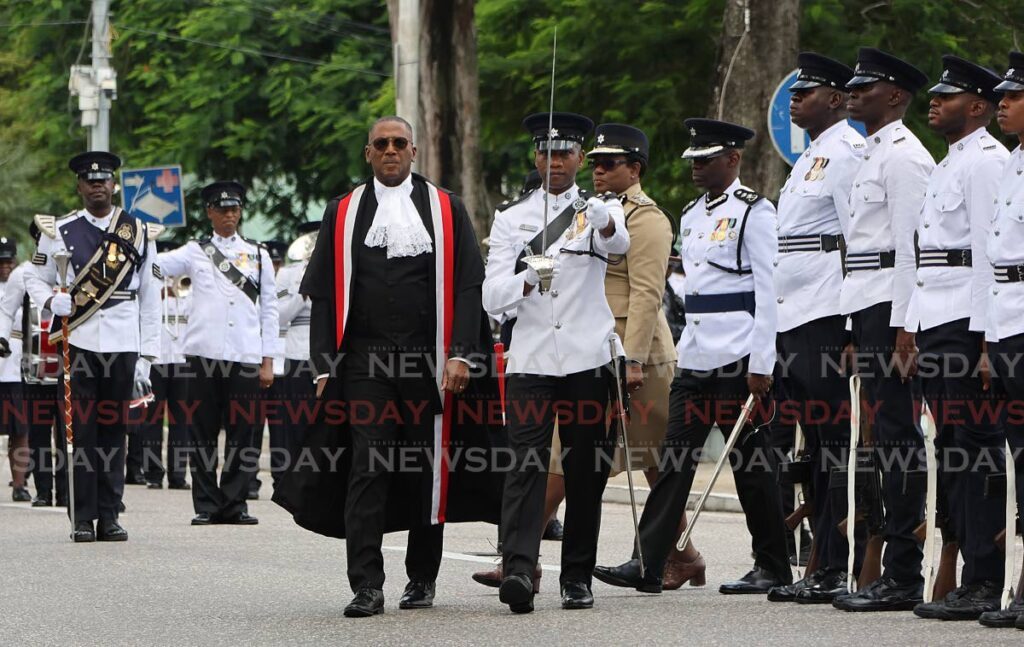A litany of woes

"I am going to keep giving this speech until somebody listens and does something." The Chief Justice, Ivor Archie, pressed this point at the opening of the 2024-2025 law term at NAPA on September 20.
The speech was a sans humanite lament for an underfunded judiciary and, by its financial tether to the Central Government, not as clearly independent as it would prefer.
Current wrangles include ongoing negotiations with the Salaries Review Commission (SRC) about salary increases for masters, the rationalisation of jobs, and compensation recognition for experienced staff in standardised positions.
The issue of experience is particularly relevant to the Judiciary, which is grappling with the policies of the Chief Personnel Officer regarding remuneration and recognition of earned experience.
It's an argument, the CJ notes that the Judiciary has been having with the state since 1896.
The CJ claimed that two critical Cabinet Notes have been "stuck" in process for two years now with no apparent clarity about what will be addressed and when.
One pending casualty of these issues is the establishment of a Family Court in San Fernando for which a building is being prepared, but for which there appears to be no allocation for staffing.
"We cannot run a judiciary with judicial officers alone," Mr Archie said in summary.
In response, the Attorney General noted a bill is before Parliament to address at least one of the issues raised by the CJ. However, it does so rather narrowly, for setting up a civil division and related staffing.
Even one of the Judiciary's clear successes, the digitalisation of its criminal justice operations has been hampered by staffing concerns. The existing and inadequate cadre of four masters also impacts the new digital justice system.
The CJ acknowledged that the Judiciary itself needed an independent assessment as he considered the establishment of an ombudsman for the Judiciary to address public concern regarding the daily execution of justice in TT.
The disconnect between the Central Government and the Judiciary is not a recent matter. Its continuance and the State's insistence on trying to hold the justice system to the employment standards of the civil service, itself a sketchy proposition, may yield savings on paper but the losses in efficiency and the effective delivery of justice to thousands of citizens far outweigh petty bean counting.
The independence of the Judiciary, indeed, its demand for it, may never sit well with the Government, but respect for its role as a key pillar in our nation's democracy cannot be underestimated. The need for it to be equipped to function properly should occupy a more prominent place on the State's agenda.

Comments
"A litany of woes"